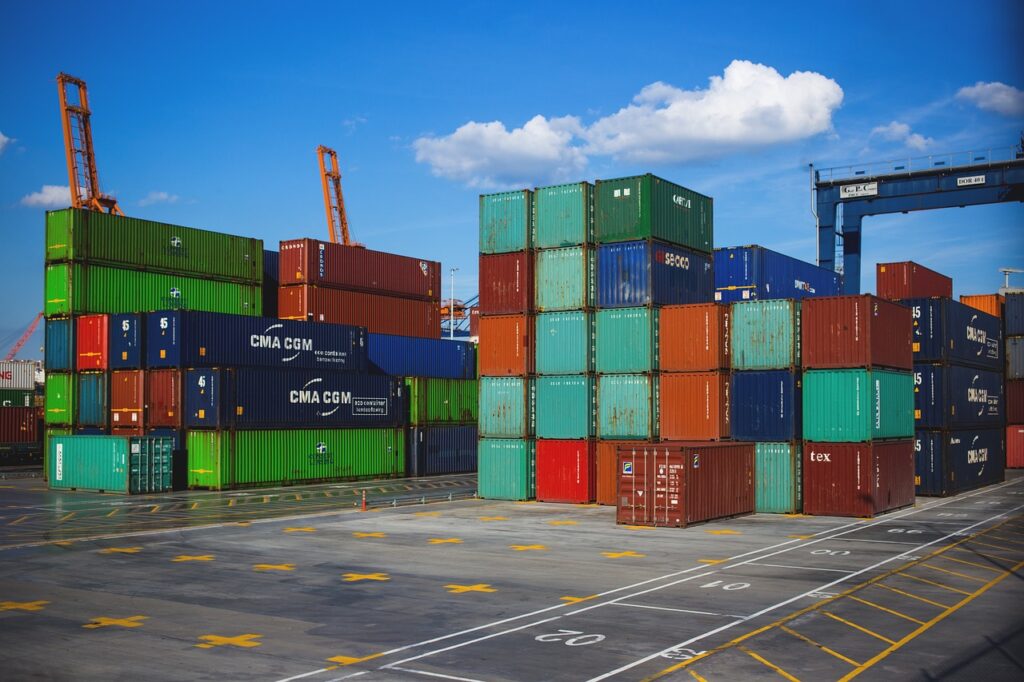
- July, 7, 2025
- Giorgi Urtmelidze
Explore Georgia’s Free Industrial Zones (FIZ) legal framework, tax incentives, guidelines, and strategic advantages for international businesses and manufacturers

Overview of the Georgian FIZs
The notion of free industrial zones is a complex topic, yet countries are increasingly adopting this strategy to attract investment and boost competition.
In Georgia, Free Industrial Zone (FIZ) represents a special classification of free zone within the Georgian Code, distinguished by additional regulatory conditions and tax incentives. Now, Georgia operates four such zones located in Tbilisi, Poti and two in Kutaisi. The FIZs are designed to yield benefits by aligning with international best practices for attracting direct foreign investment in the country. A FIZ can be established on any parcel exceeding ten hectares, excluding state-protected areas. The establishment of a FIZ is a decision made by the Government of Georgia, initiated either by governmental decree or upon the robust request of a private entity acting as an organizer.
The Georgia’s FIZs offer a compelling proposition to international businesses, mainly logistics and transport companies, manufacturers, and trading enterprises. The pivotal idea is to strengthen Georgia’s role as a prominent regional transport and logistics hub, thus FIZs offer attractive fiscal environment and the strategic positioning directly complements the Government of Georgia’s broader initiatives to attract non-resident businesses and cultivate the nation not merely as a logistics conduit, but as a comprehensive service hub and exporter.
Opportunities for foreign investors in FIZs of Georgia
According to the Georgian Revenue Service, Comprehensive tax exemptions for foreign investors operating in FIZ include:
- Profit tax: Profits derived from permitted activities within FIZ, including their distribution and associated expenses.
- VAT: The import and all subsequent operations conducted within the zone.
- Property tax: All property situated within the FIZ.
- Import tax: The import of foreign goods into a FIZ is exempt from import tax. Furthermore, goods produced within a FIZ, when subsequently imported into other parts of Georgia (outside the FIZ), are subject only to Value Added Tax, regardless of their quantity. The Revenue Service also issues official certificates of origin for goods produced in a FIZ, affirming their Georgian provenance.
It is important to note that, the income tax for employees operating within a FIZ is levied based on individual income declaration.
Goods movement in Georgian FIZ
The FIZ provides straightforward guidelines for the movement of goods:
- Export from FIZ to Other Countries: Goods can be exported from the FIZ to international destinations via standard export procedures or re-exported from Georgia’s customs territory.
- Import of Georgian Goods into FIZ: The transfer of goods originating from Georgia into a FIZ is legally recognized as an export from Georgia.
- Import from FIZ to Other Georgian Territory: When goods are moved from a FIZ to other parts of Georgia, they are subject to standard customs procedures as per the Georgian Customs Code. Crucially, goods produced within a FIZ, when released into free circulation in Georgia, are only subject to VAT, irrespective of their volume.
Collectively, these provisions underscore the strategic function of Georgian FIZs as burgeoning micro-hubs for international intermediary and trading companies, drawing parallels with established free zones in the Emirates and Singapore. This positioning directly supports Georgia’s broader national aspiration to become a leading logistics and service hub for the Eurasian region.
Prohibitions and liquidation
To maintain the integrity and strategic focus of the FIZs, certain activities are prohibited:
- Production or trade in weapons, ammunition, nuclear, or radioactive substances.
- Import, storage, production, or sale of narcotic and psychotropic substances.
- Import, storage, production, or sale of tobacco products or raw materials, except for on-site consumption/use, where it is not considered an export of Georgian goods.
Furthermore, a FIZ enterprise is generally prohibited from purchasing or providing services to Georgian entities outside of other FIZ enterprises, with the limited exceptions (e.g., security, transport, communication, audit, financial services by licensed institutions, fixed asset installation, construction, and services explicitly defined by the Government).
A Free Industrial Zone may be liquidated under the following circumstances:
- Expiration of its designated operational term.
- Formal application for liquidation by the FIZ organizer.
- A court decision, initiated by a motion from the Government of Georgia.
Challenges and opportunities for development
The intent behind Georgia’s FIZs was to encourage direct foreign investment, but realizing their full potential necessitates an initiative-taking and supportive enabling environment from the state, acting as the primary facilitator.
Despite the strategic intent and advantages, the trajectory of Georgia’s Free Industrial Zones has encountered setbacks since the inception of the first FIZ in 2010. Neither state support in ensuring a consistently favorable legislative framework and robust investment attraction, nor FIZ operators’ infrastructure investments, have fully materialized as initially envisaged.
Amidst the changing economic environment Georgia seems to benefit from relative stability in the Eurasian region, in addition, free trade agreements with EU and China may incentivize investors to investigate FIZs in Georgia. In the case where legislative and operational ambiguities such as, limited local engagement and real estate ownership restrictions are addressed, Georgia can further establish itself as an international transit operations platform in the region.
Furthermore, Georgia’s attractiveness for foreign direct investment (FDI) has seen substantial growth, with total FDI reaching 1990.5 million USD in 2017, peaking at 2253.4 million USD in 2022, and maintaining a strong performance of 1902.2 million USD in 2023, underscoring the nation’s rising prominence as a regional investment hub.